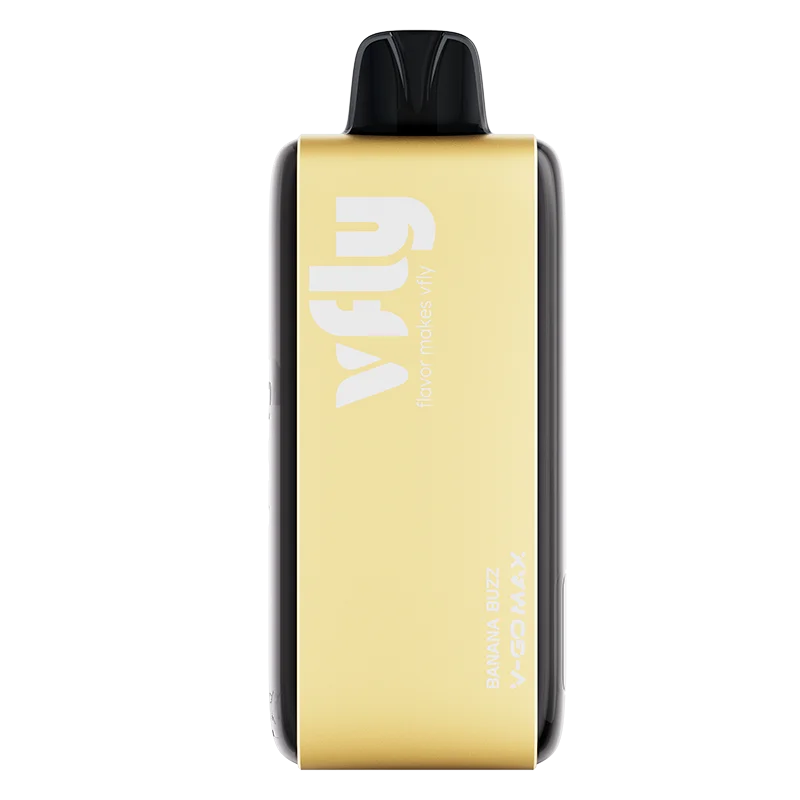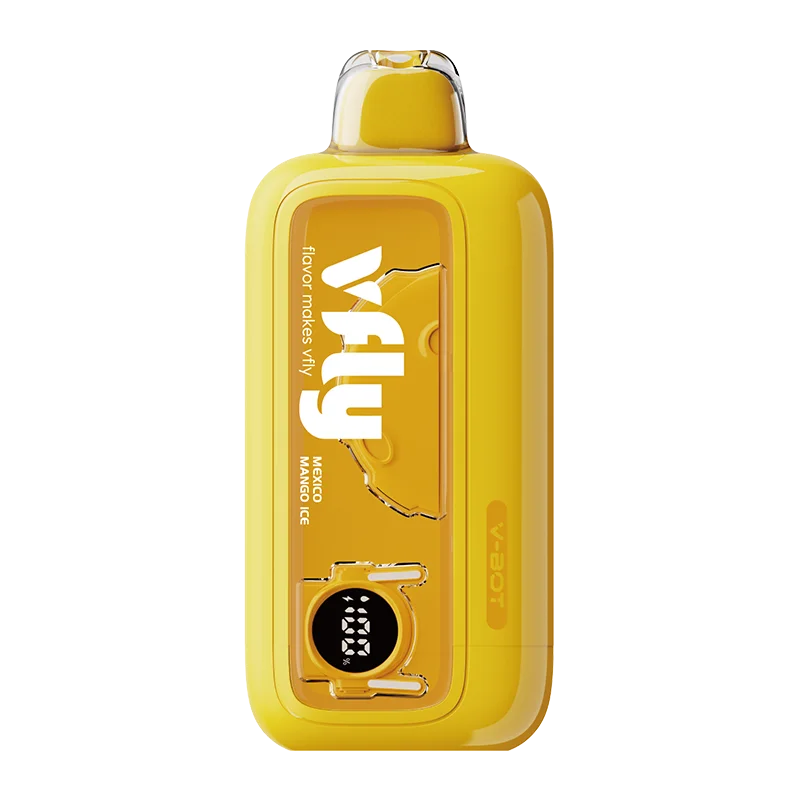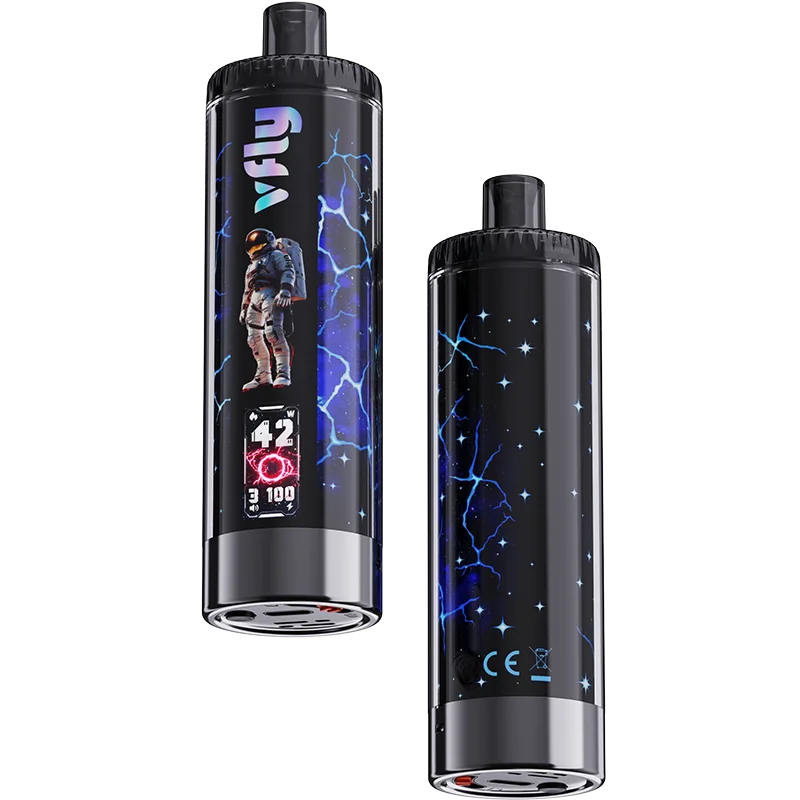Will Vapes Be Banned in NC?
If you're asking “Will vapes be banned in NC?”, the short answer is: most won’t be fully banned, but many will be restricted under new state law. North Carolina has passed legislation to regulate which vaping products can be legally sold—and several popular disposables are already off shelves. Below is what you need to know as of mid-2025.
What’s Changing: HB 900 and the New Vape Rules
The Legislation
- In 2024, North Carolina passed House Bill 900, also called the Vaping Registry Bill or Vapor Products Certification Act.
- The law gives the North Carolina Department of Revenue (NCDOR) power to publish a Vapor Products Directory listing only the products that may legally be sold in the state.
- Products not on that approved list are effectively banned from retail sales.
- The law gives a 60-day grace period (after the directory is published) for retailers to remove noncompliant stock, meaning that although the law technically took effect earlier, enforcement began July 1, 2025.
What Is Banned, What’s Allowed
- Banned / removed: Most flavored disposable vapes that are not approved or certified under the new law have been removed from shelves. Brands such as Lost Mary, Elf Bar, Geek Bar, and Eleven Bar are affected.
- Still allowed: Vaping products that are on the NCDOR-approved list remain legal. These include products that have received FDA marketing authorization, or are under pending federal review, or have been approved via court rulings in certain cases.
- Providers must certify their products to the state: pay an initial fee ($2,000) and annual renewal fee ($500) and submit supporting FDA documents or equivalent.
- Retailers must obtain a vapor product license from the NCDOR and must only sell from the approved directory.
- Penalties: First offenses may yield warnings and reinspections; subsequent violations can lead to fines of $500–$1,500, license suspension or revocation, confiscation of illegal inventory.
Loopholes & Gray Areas
- A key loophole: Products in the process of applying for FDA premarket authorization (PMTA) may still be sold while the decision is pending.
- Products that have been denied FDA authorization, but are appealing or in litigation, may still temporarily remain on shelves in some cases.
- The law currently does not apply to THC or hemp-derived vapes, so those continue to operate under other regulations.
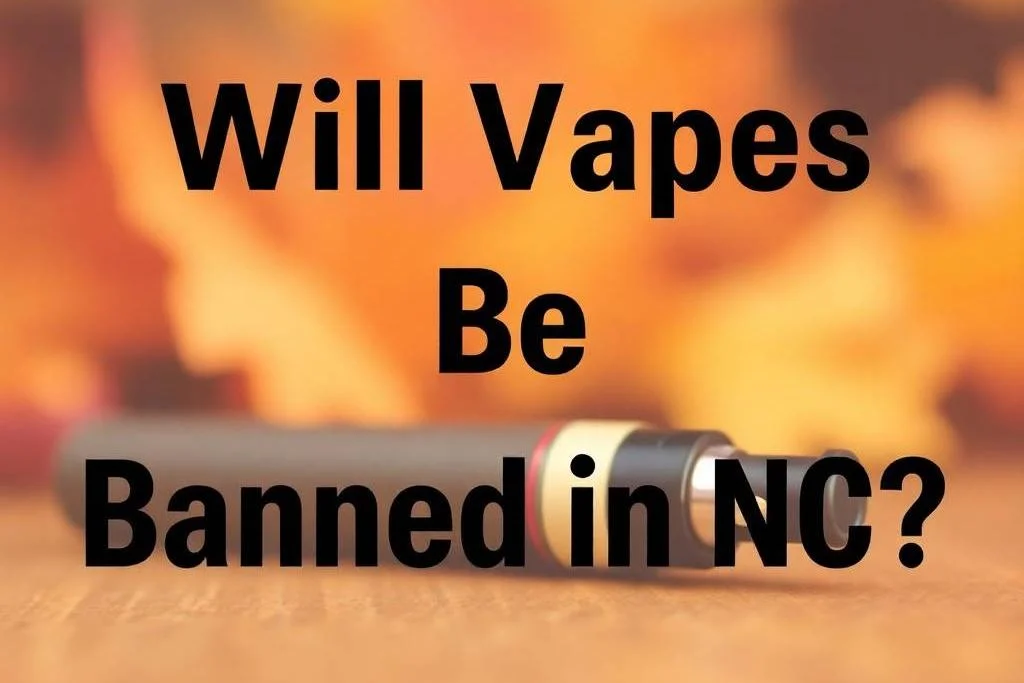
Implications for Consumers and Vape Businesses
For Consumers
- Many of your favorite flavored disposables may no longer legally be sold in NC unless they’re on the approved list.
- The remaining legal products are likely to be less variety, possibly higher-priced, and more restricted in distribution.
- You may see empty shelves or rapid sellouts in the lead-up to enforcement.
- Always check whether a product is listed in the NCDOR Vapor Products Directory before purchase.
For Vape Shops & Retailers
- Retailers had to pull noncompliant inventory by June 29, 2025 to avoid penalties.
- Many shops are already seeing sales declines of 20–30% as flavor products are removed.
- Some smaller or specialty shops express concern about survival margins due to fewer legal SKUs.
- Noncompliance risks include fines, inspections, license suspension, or revocation.
For Manufacturers & Brands
- You must submit for state certification, supply FDA documentation, pay required fees, and be tracked via NCDOR’s directory system.
- Brands relying entirely on disposables without FDA filings may be unable to legally sell in NC.
- Some fear the law might favor established, large tobacco-affiliated brands (which already hold more FDA-cleared products) versus smaller indie makers.
Will Vapes Be Fully Banned in NC?
No — not in the sense of banning every vaping product outright. What North Carolina has done is refuse legal sale of nonapproved vaping products, which effectively removes many popular options. The ban is selective, not total.
The state’s approach aims to limit youth access, reduce the presence of unregulated products, and force alignment with FDA standards. Some regulated vaping products will remain legal under the new system, as long as they comply with both federal and state certification rules.
However, enforcement is in its early phase. Future legislative changes (for example, raising the legal sales age or further restricting flavors) are under discussion.
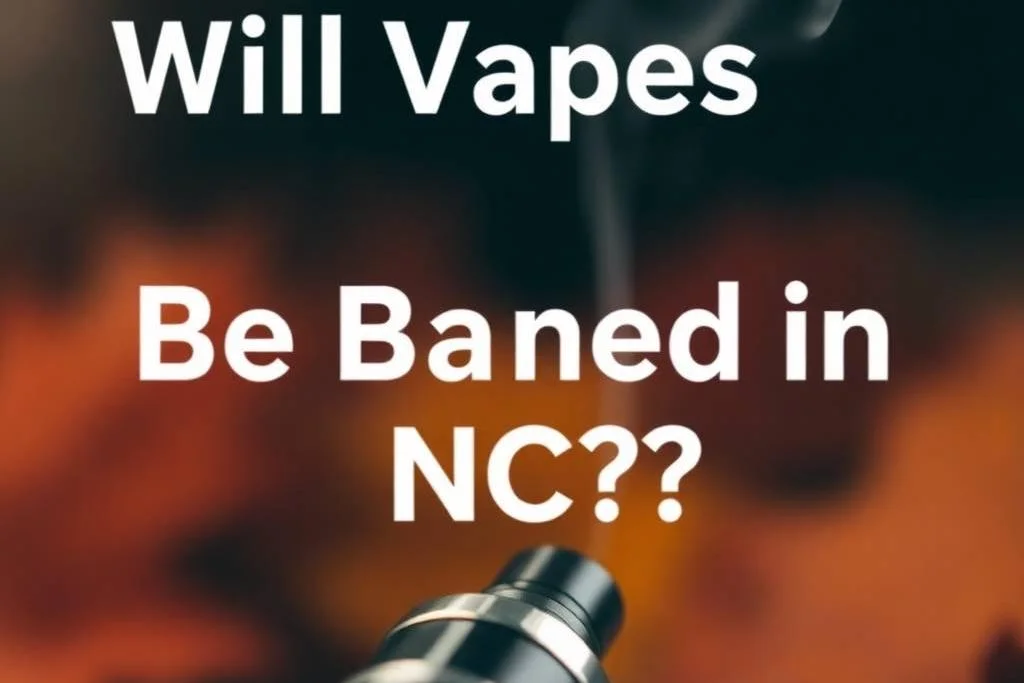
What To Watch Going Forward
- Whether “Solly’s Law” or other proposals succeed in raising the legal tobacco/vape purchase age in NC to 21.
- How strictly inspections and penalties are enforced.
- Litigation from vape manufacturers challenging state law or the certification process.
- Changes to the NCDOR directory, additions or removals of product listings.
- Further bills concerning flavor bans, THC/higher-nicotine vapes, or retail restrictions near schools.
Conclusion
North Carolina has not banned vaping altogether, but under House Bill 900, only products listed on the state’s new Vapor Products Directory can be legally sold. This means many popular flavored disposables like Elf Bar and Lost Mary have been pulled from shelves, while only products with FDA authorization, pending review, or proper state certification remain legal. Retailers were required to remove nonapproved stock by July 1, 2025, and face fines or license suspension if they continue selling illegal products. The law does not cover THC or hemp vapes, and a loophole allows items under FDA review to stay on the market. For consumers, this translates to fewer options and higher prices, while vape shops must adapt quickly to avoid penalties and stay compliant.
FAQs
1. Does HB 900 ban all vapes in North Carolina?
No. HB 900 doesn’t ban vaping entirely. It restricts the sale of nonapproved vaping products not listed in the state's directory. Legal vaping products — ones with FDA clearance or pending review and certified by NCDOR — may still be sold.
2. Did the ban go into effect, and when?
The law technically went into effect May 1, 2025, but retailers were given a 60-day compliance grace period. That means full enforcement began July 1, 2025.
3. Can products currently under FDA review still be sold?
Yes. One of the law’s key exemptions allows vaping products under formal FDA review (i.e., those applying for premarket authorization) to remain legal while awaiting decision.
4. What happens if a retailer sells an illegal (nonapproved) product?
Consequences escalate with repeated violations: First offense: warning and reinspections Second: fines (around $500–$750) + temporary license suspension Third or further: fines (up to $1,500) + revocation of license and confiscation of illegal inventory.
5. Does this law affect THC or hemp-derived vaping products?
No. HB 900 is limited to nicotine vaping/alternative nicotine products. THC- or hemp-based vapes are not included in the law and remain regulated under separate statutes.

